Ensuring the principles of property rights and voluntariness in civil relations
At the discussion session, delegate Thai Thi An Chung expressed the view that it is necessary to carefully consider the provisions in the draft Resolution related to the content: in case the project is implemented through an agreement to receive land use rights that has expired the deadline to complete the agreement or the extension period has expired and reaches over 75% of the land area and over 75% of the number of land users, the Provincial People's Council shall consider and approve the recovery of the remaining area to allocate land and lease land to investors.
.jpg)
According to the delegates, in reality, many projects have been delayed because some households have not agreed on the settlement plan, causing waste of land resources and affecting the investment environment. However, the Government 's report does not have specific statistics, making it difficult to assess the effectiveness and impact of the policy.
The delegate emphasized that during the process of drafting the Land Law, from the stage of collecting public opinions to social criticism, the issue of land recovery has always been approached with great caution. The general principle is that land recovery is only in cases of national defense, security, national interests or public interests; economic development projects must be based on voluntary agreement between investors and land users. Therefore, allowing the State to recover 25% of the area that has not reached an agreement is a point that needs to be carefully considered.
Research on state-mediated mediation or arbitration mechanisms
One of the biggest concerns of delegates is the risk of conflict with the constitutional principle of citizens’ property rights, including land use rights. If the State reclaims the remaining area to support investors in completing the project, it is necessary to clarify whether this mechanism is appropriate or violates the principle of ensuring property rights stipulated in the Constitution.
The delegate also noted that the relationship between investors and land users is a civil relationship based on voluntariness and equality. When the State takes over land because the two parties do not reach an agreement, this can easily lead to the perception of "administrativeization of civil relations" and tends to favor the business. Delegate Thai Thi An Chung suggested studying the establishment of a mediation or arbitration mechanism mediated by the State; or requiring investors to adjust the scale of the project instead of taking over large areas that exceed actual needs.
In addition, the delegate said: The State should only intervene to reclaim land when it is really necessary and there is no other solution. When reclaiming, it must ensure the rights of those whose land is reclaimed at least equal to the price that the investor has agreed with other households to ensure fairness.
Delegates warned that land-related complaints and lawsuits currently account for about 80% of the total number of cases; if a mechanism is applied to reclaim unsettled areas, the risk of lawsuits will increase.
In addition to the above contents, delegate Thai Thi An Chung proposed adding the group of projects for raising disadvantaged children, children with disabilities and social protection facilities implemented by religious organizations to the list of projects that are allowed to be allocated land and leased land without auction, in order to create conditions for humanitarian activities that are not religious activities according to current law.
Delegate Thai Thi An Chung also proposed reviewing and abolishing regulations that still require planning and land use plans at district and commune levels, to ensure consistency with the policy of not establishing these types of plans.
Source: https://daibieunhandan.vn/can-nhac-ky-de-xuat-thu-hoi-phan-dien-tich-dat-chua-dat-thoa-thuan-10396294.html








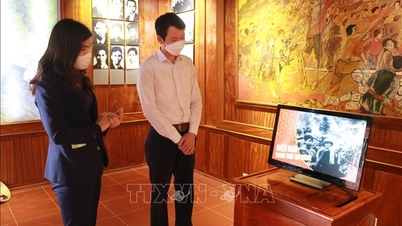

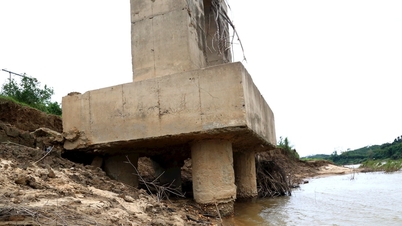

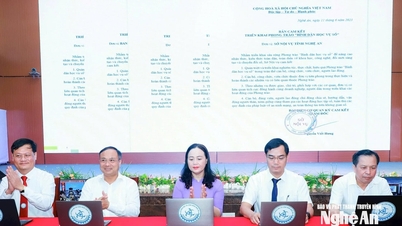
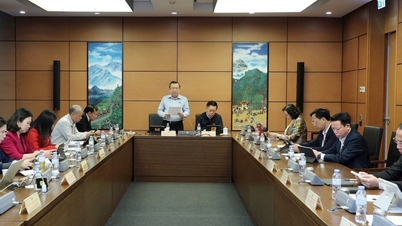
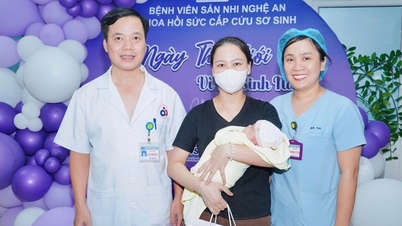

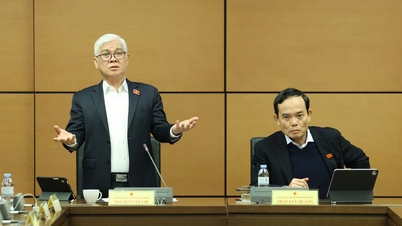

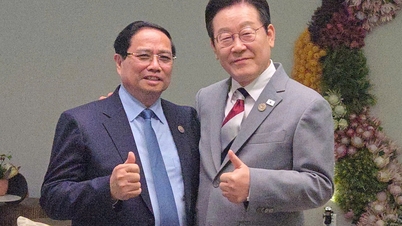

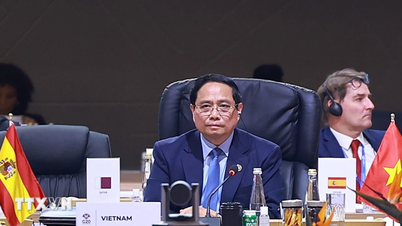

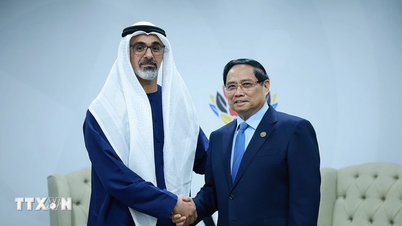
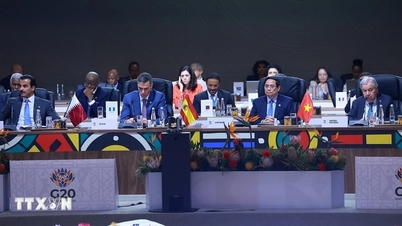
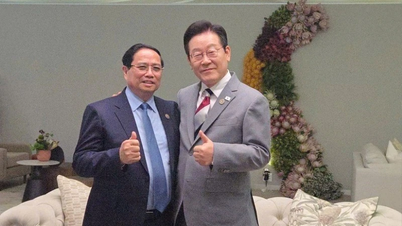

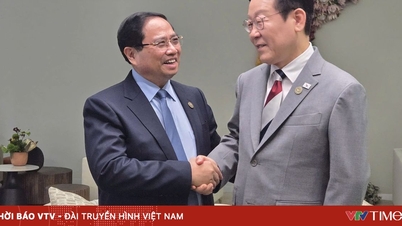





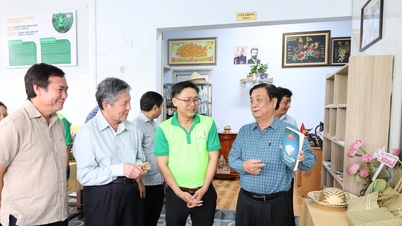
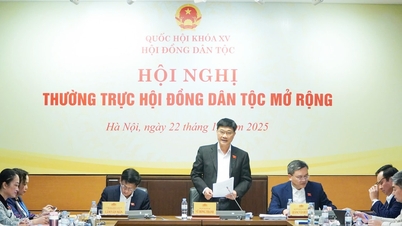
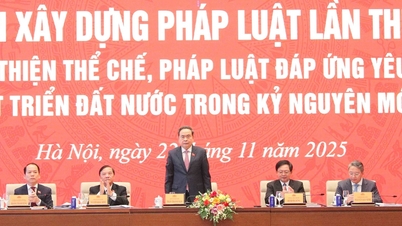
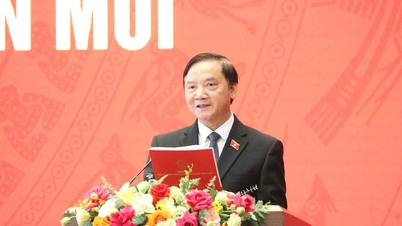
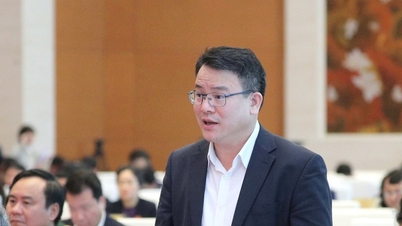


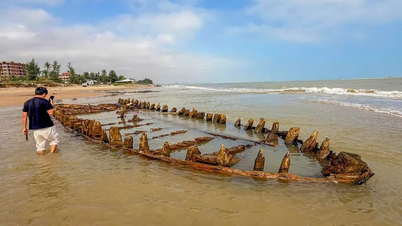

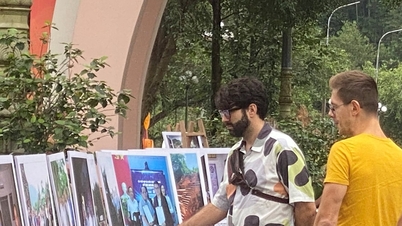

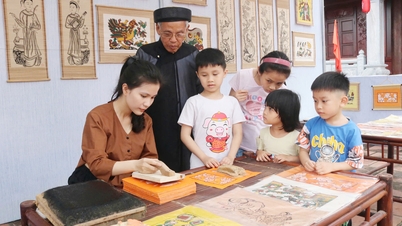

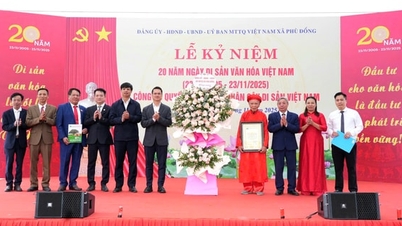




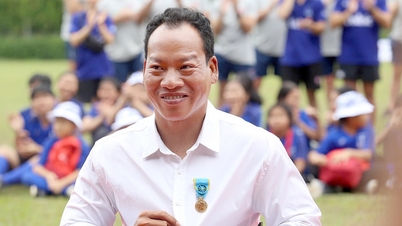
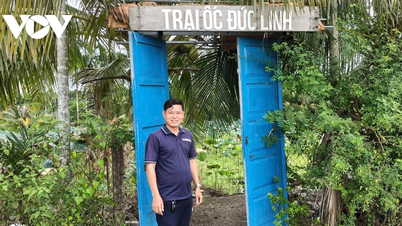

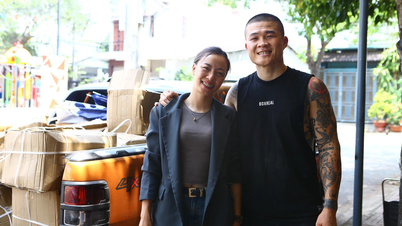

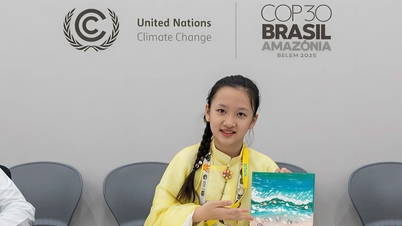



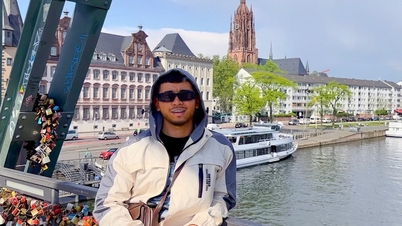
















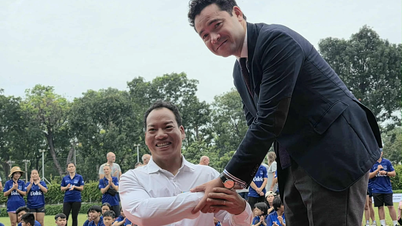

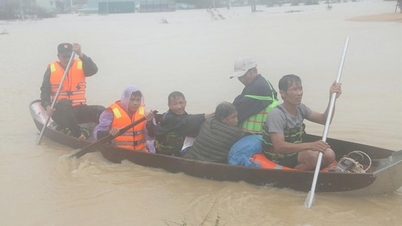

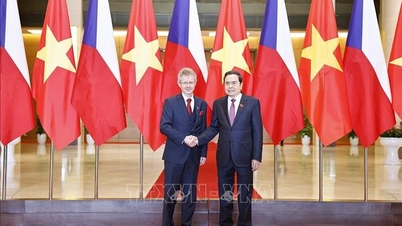

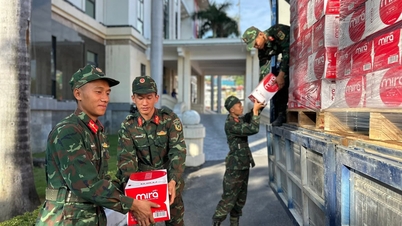


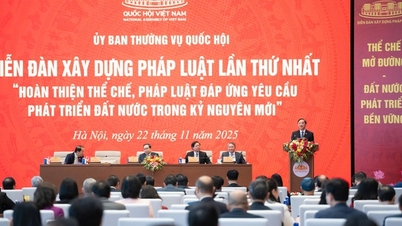

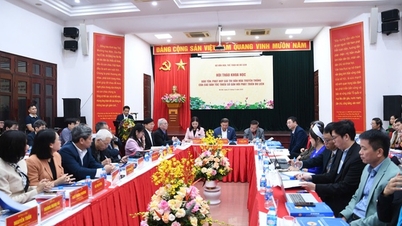
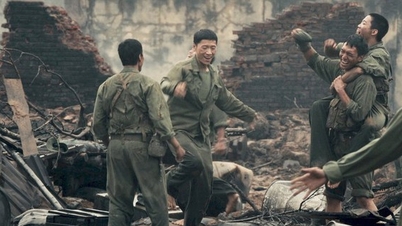


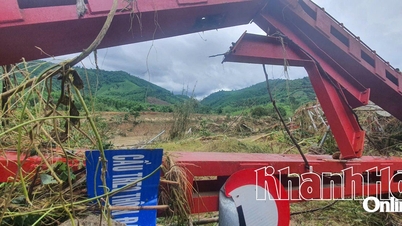

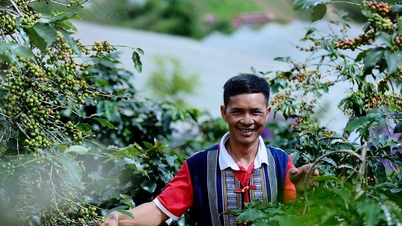

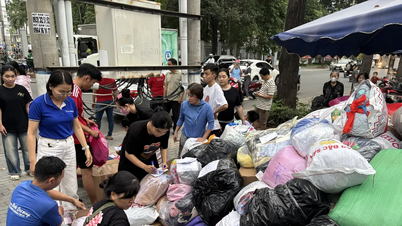
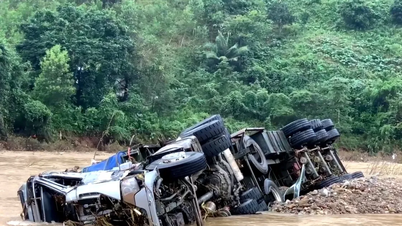
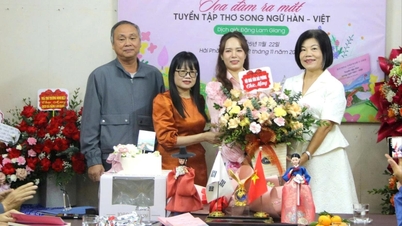














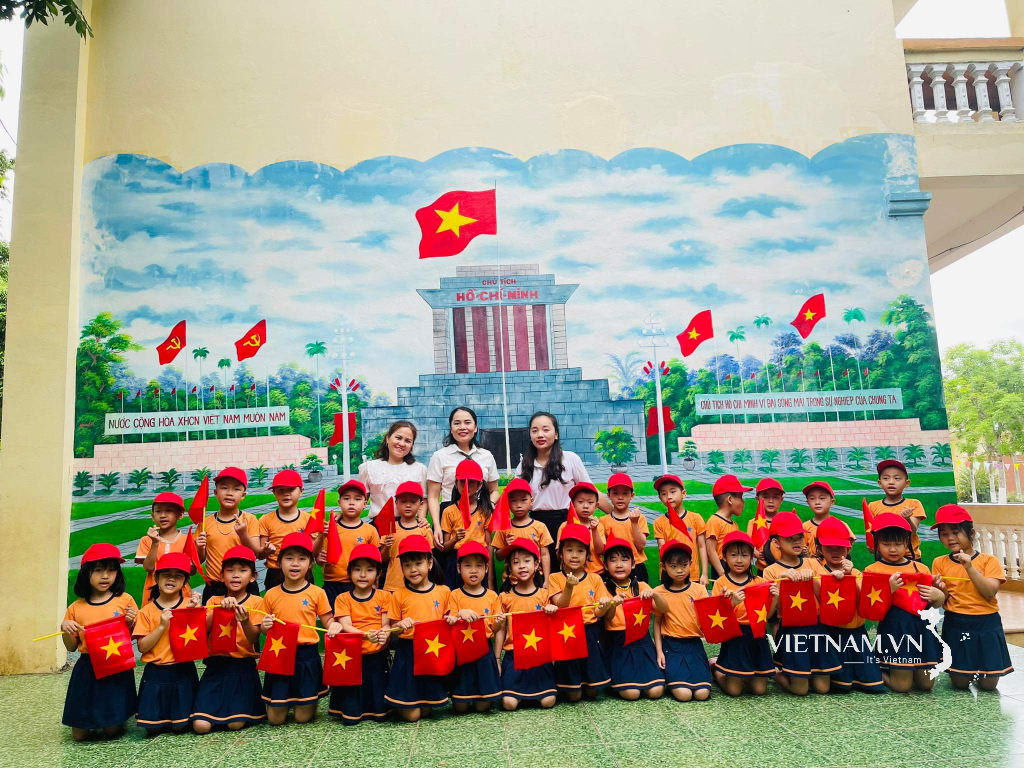
Comment (0)